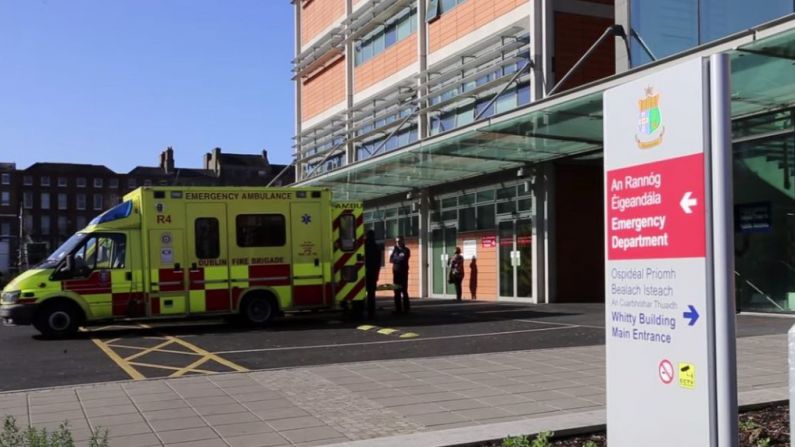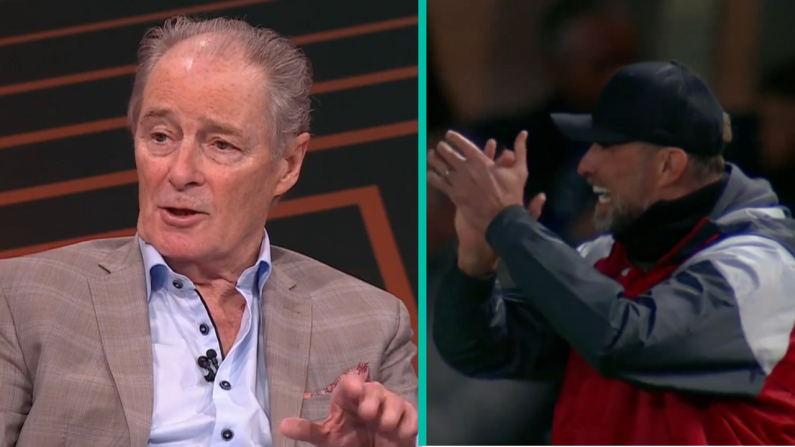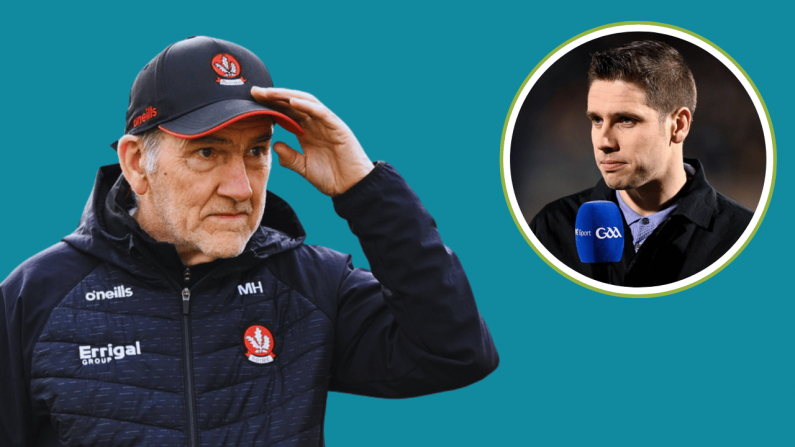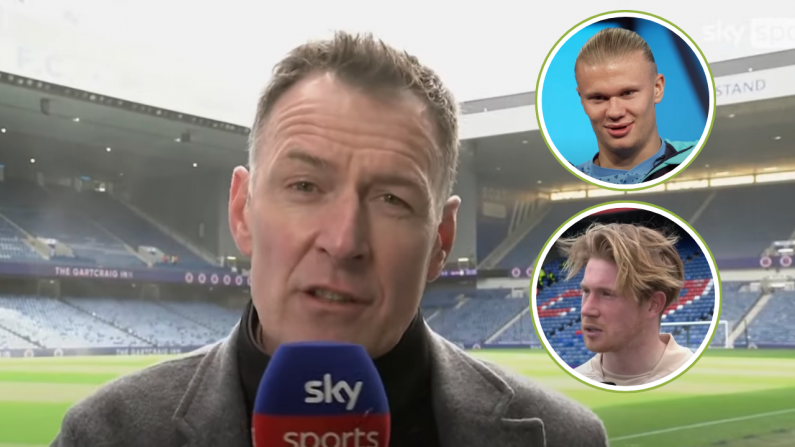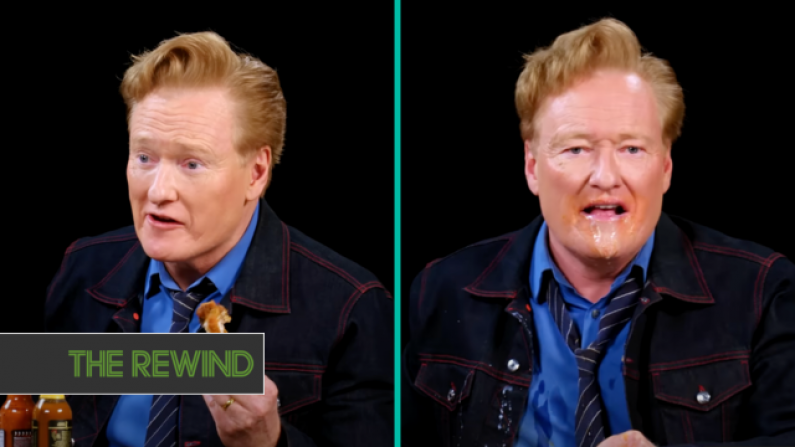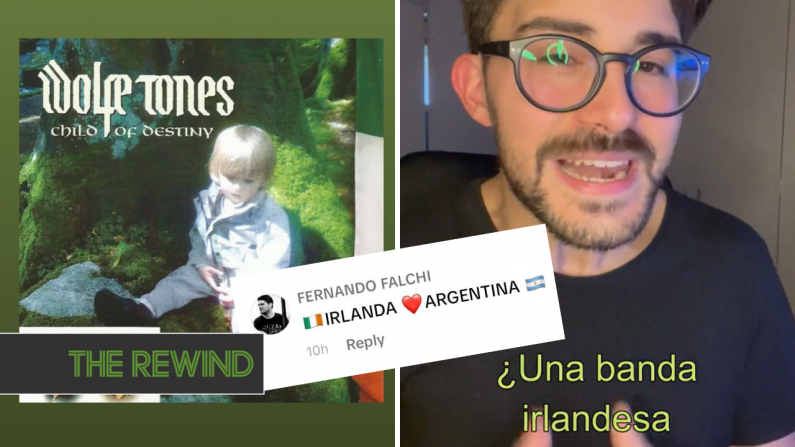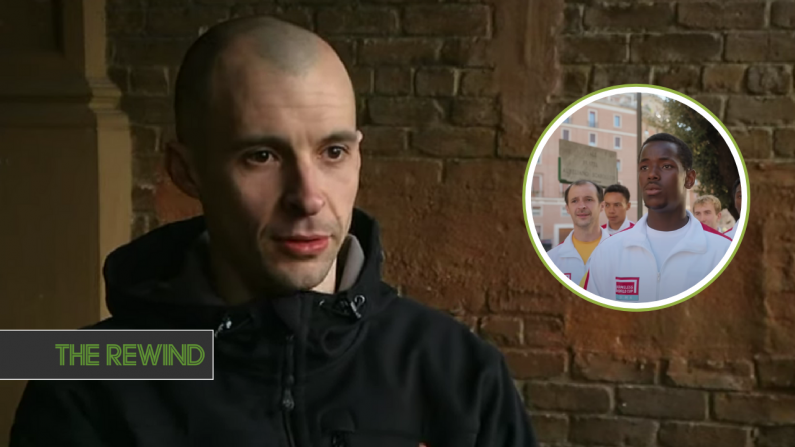Will we ever be able to repay the debt that this country owes to doctors, nurses, and other healthcare workers for the work they are doing and the risks they are taking at this time?
Dr. Colman O'Loughlin, the Director of Critical Care Medicine at the Mater Hospital Dublin, was on RTE's Morning Ireland today to discuss the worrying and inevitable news that hospital ICUs are beginning to fill up around Dublin in particular. Between the high number of Covid-19 patients in the Mater's ICU and other non-Covid related intensive care patients, the hospital's ICU is full, with them opening a "surge" capacity in the High Dependency Unit. Once those 18 beds fill up, intensive care treatment will move ot other wards, but a shortage of full care staff will become an issue, according to Dr. O'Loughlin.
He also gave a brilliant account of how medical staff are managing the incredibly difficult situation of managing intensive care patients while the access of loved ones in extremely limited at best.
This again highlights one of the really difficult parts of this disease. Families are aware, and we're aware, that there's a huge public obligation to try to minimise the spread of this disease and social isolation and social distancing is very important. At the same time, it's so important to us to offer families the chance to come and be with their loved ones if they're going through the process of passing away, and have passed away.
We offer families in minimal numbers, one or two people, to come into Intensive Care. We offer them to put on the PPE, to demonstrate how that's put on.
A lot of families have been reluctant to do that, which is very, very difficult for them. They are aware that there is a public health issue behind all of this. We try to cover them as much as possible and reassure when they come in. We've had families members have come into the room, and we've had families where that hasn't happened, because they weren't prepared to do that.
But it extraordinarily difficult. We've never seen anything like this before. We have a very well established end of life care pathway in the hospital, in Intensive Care, and a lot of that has gone out the window because of this disease. So we're doing our level best to help families, trying to understand the difficulties that they are in. At the same time, we're trying to live up to our obligations of social distancing and trying to tie-in with the public health efforts as well. All in all, it's extraordinarily difficult and that does tie in to the difficulties our nursing staff are experiencing as well.
Dr. O'Loughlin also wanted to make sure that families who can't make it into the hospital for such a horrible time know that the patients in the ICU won't be alone at what could be the end of their life.
We will do everything we can to help them, to be with them at this very difficult time. There are huge challenges around this. There is a lot of fear in the community, and there's a lot of fear in the intensive care world, in the nursing staff, in the medical staff, about this disease. We're seeing a lot of our own staff getting sick and that's being reflected throughout the world. So it's extraordinarily difficult, but yes, our job is to look after patients, and by extension look after their families, and we'll do everything we can to help them in this time.
Dr. O'Loughlin did also have some better news, and has seen brighter signs. A month into the outbreak here in Ireland, he sees that some patients are responding to the care in the ICU and have been discharged back to the wards, something he describes as "reassuring" for the hospital staff and the families involved, but points out that medical staff are limited in what they can do for patients with no known treatment for Covid-19. Instead hospitals can only provide respiratory and other assistance to help patients fight off the virus themselves.
You can listen to the full interview with Dr. Colman O'Loughlin on Morning Ireland here.
The @morningireland interview with Dr Coleman O'Loughlin, director of critical care medicine at the Mater, on what they are doing in their ICU, what COVID19 actually does to the body, and supporting patients' families...
Essential, important, powerful listening.
STAY. AT. HOME.— Andy McGeady (@andymcgeady) April 8, 2020
ICU consultant from the Mater on @morningireland “we’ve never seen anything like this before”
When you criticise the gov, Gardai, the HSE etc etc, - remember this is unique times
#Covid_19— P 🇮🇪 #StandWithUkraine (@PMc276) April 8, 2020
SEE ALSO: Here Are Some Ingenious Ways Healthcare Workers Are Utilising Their PPE

